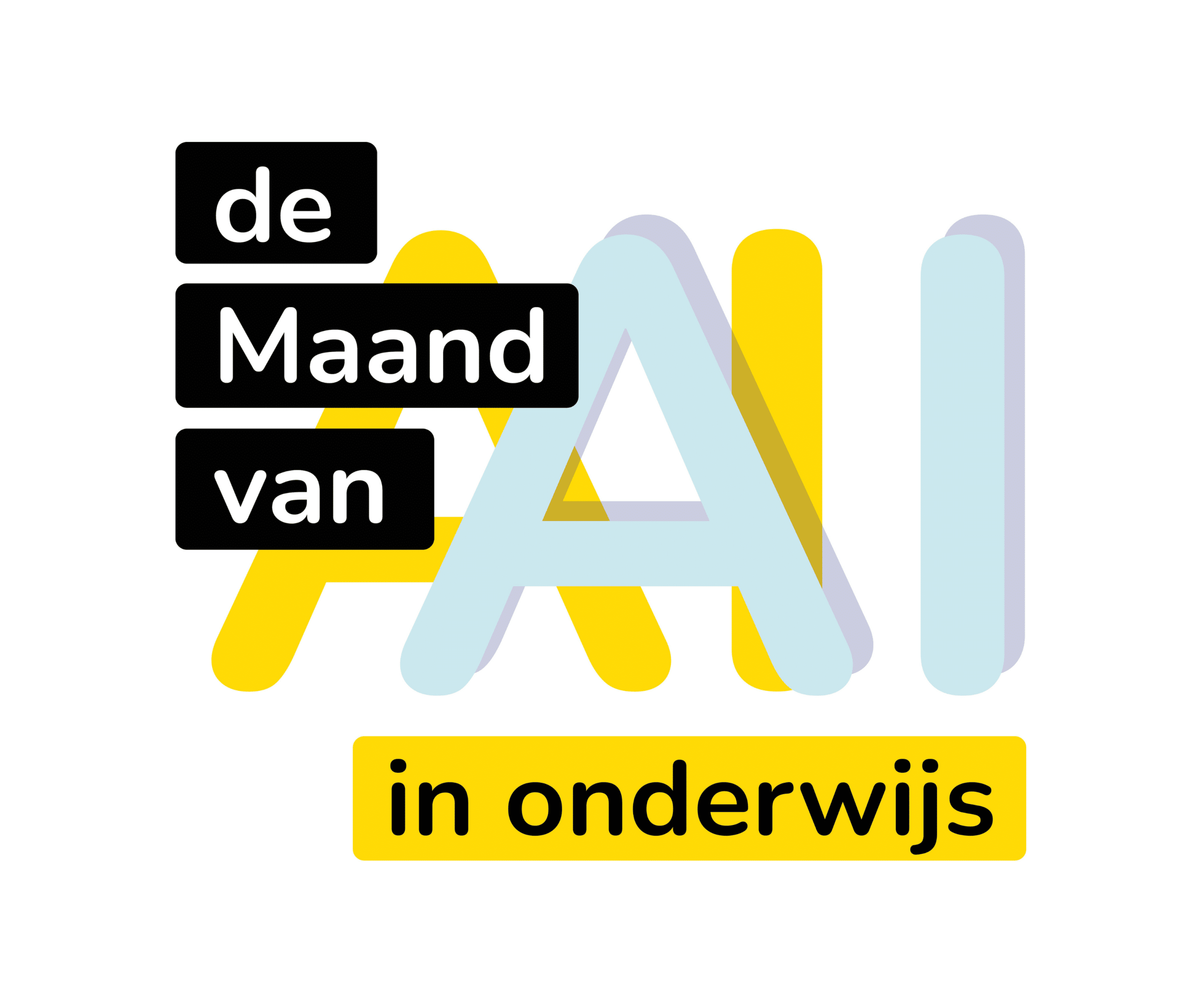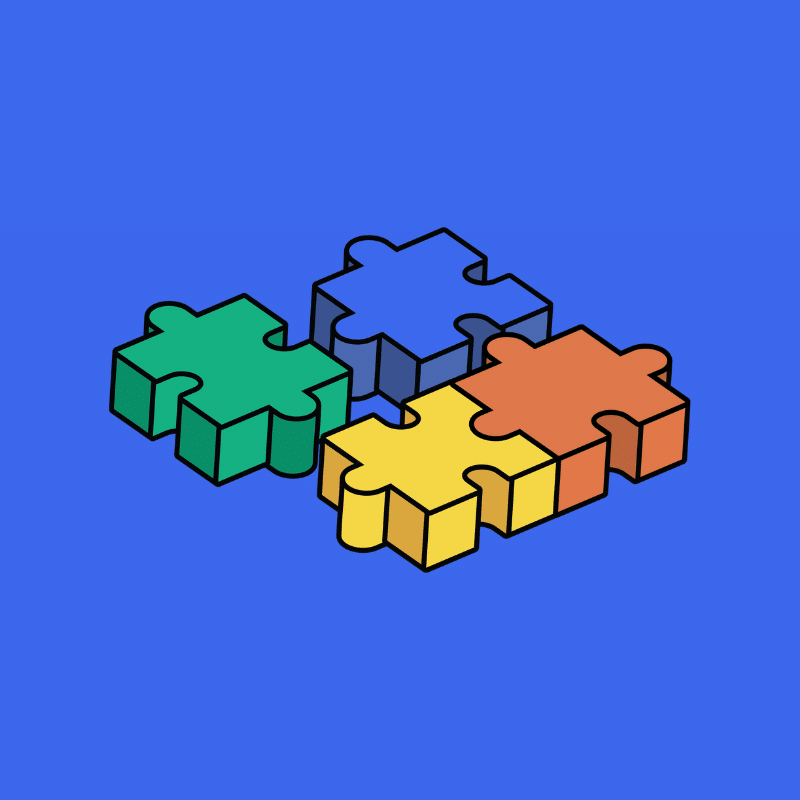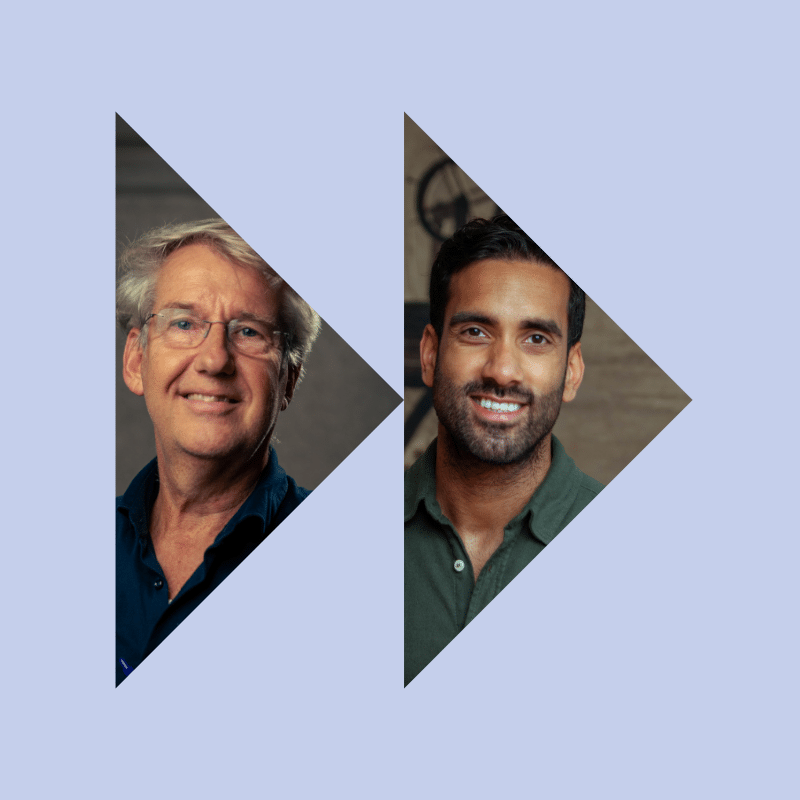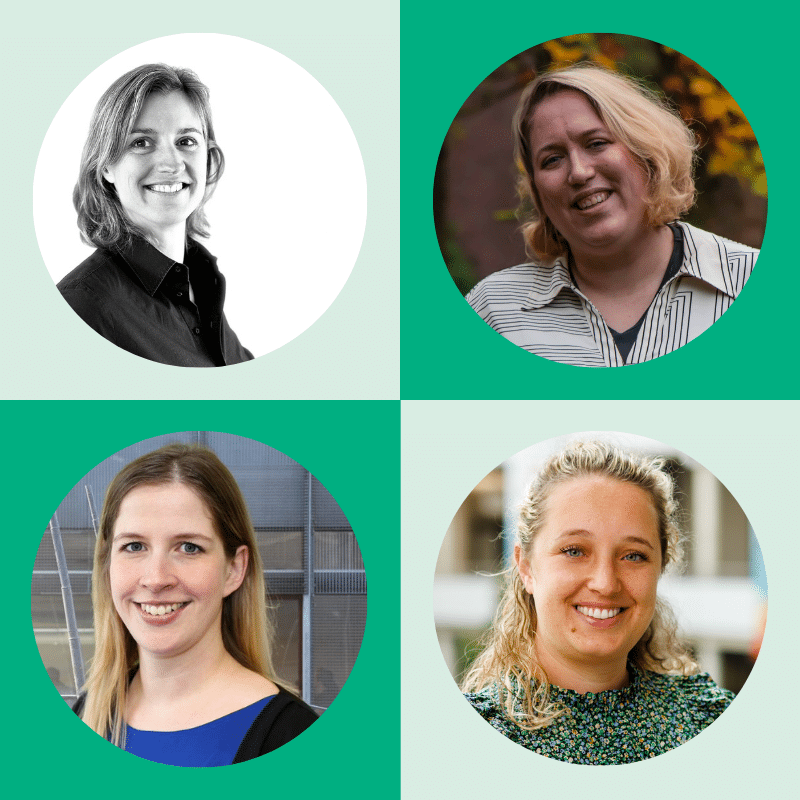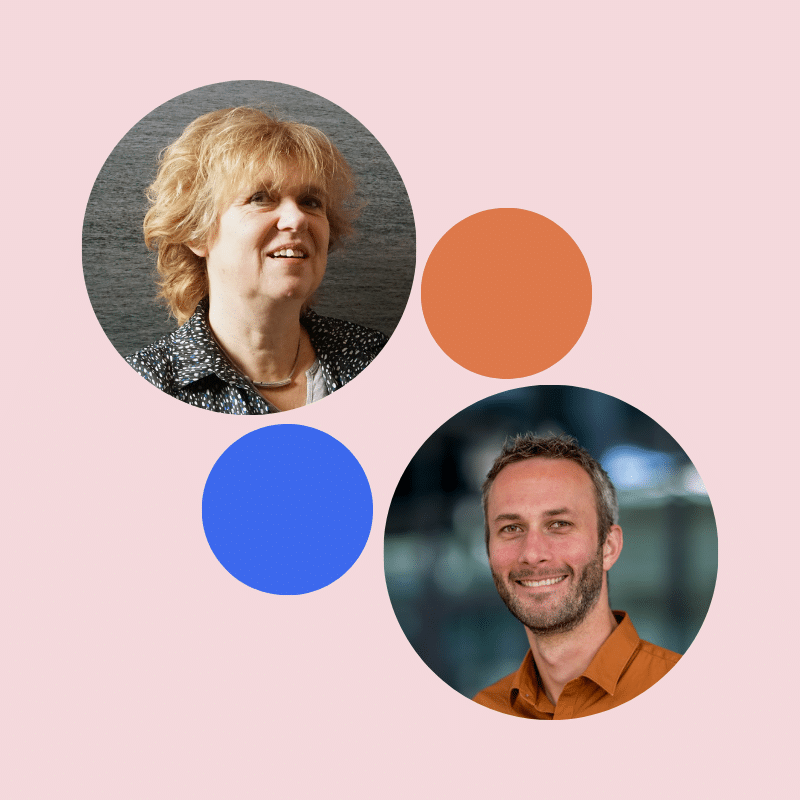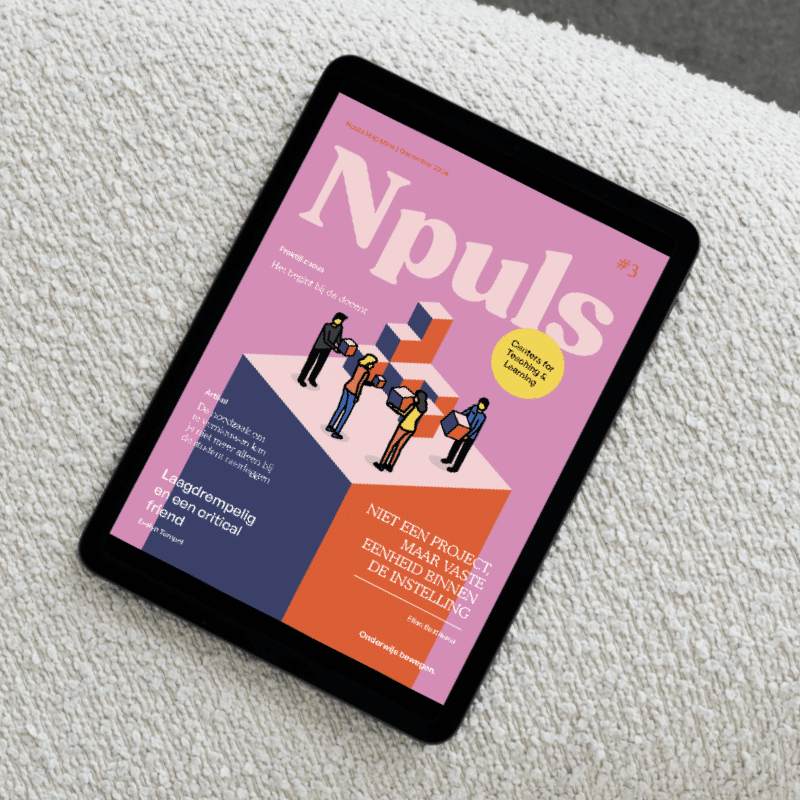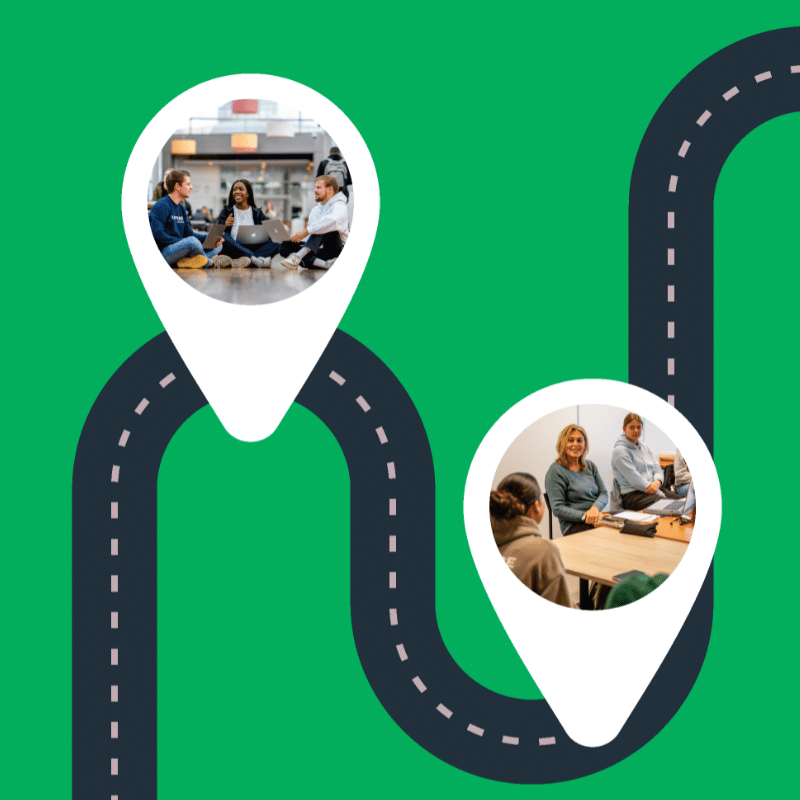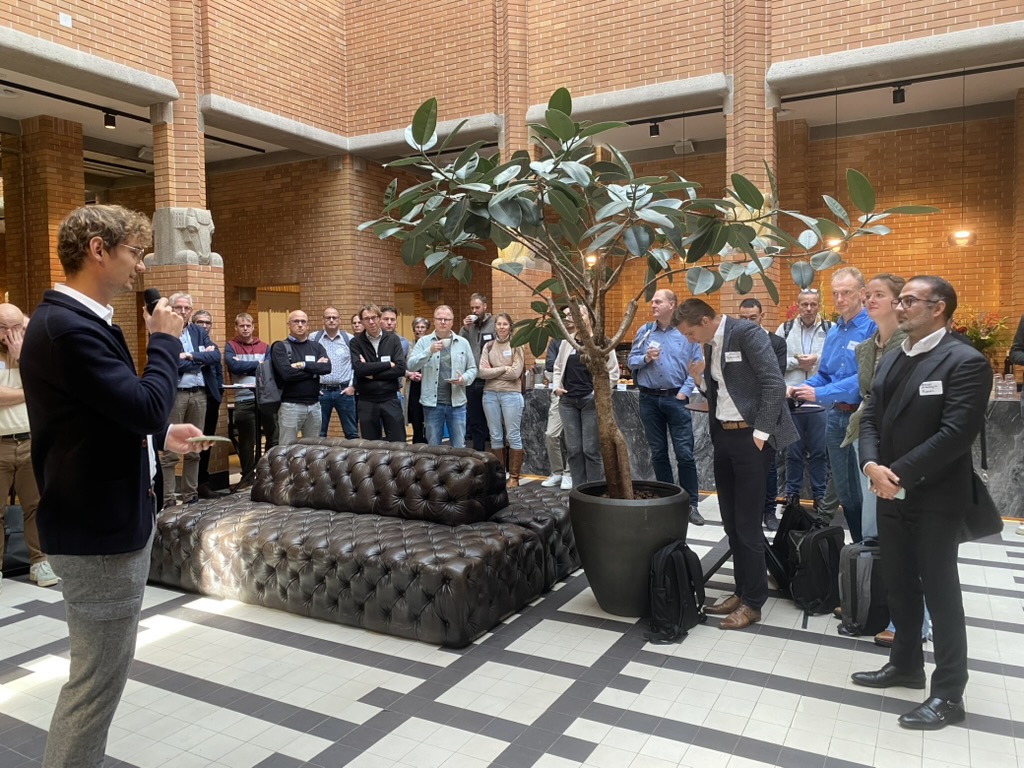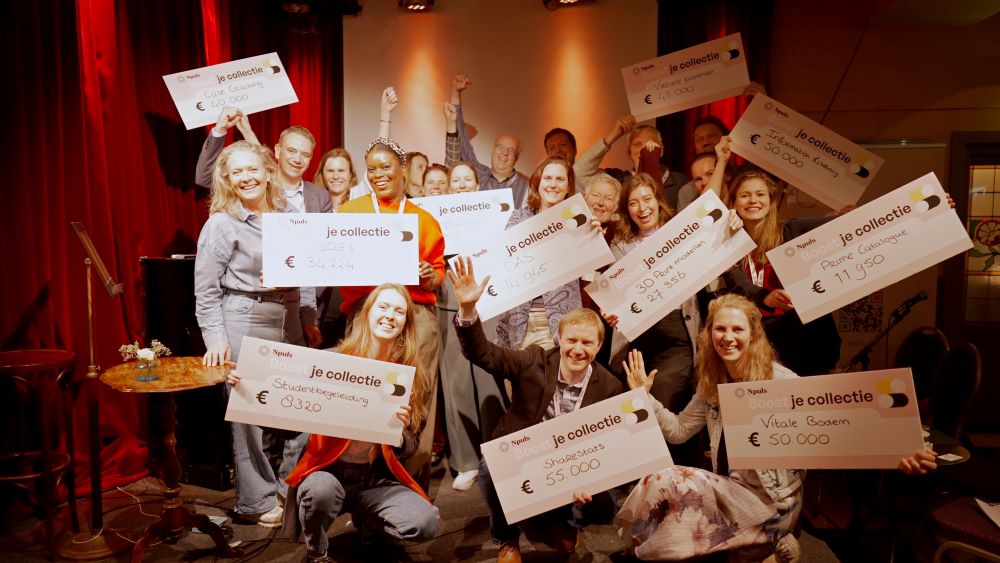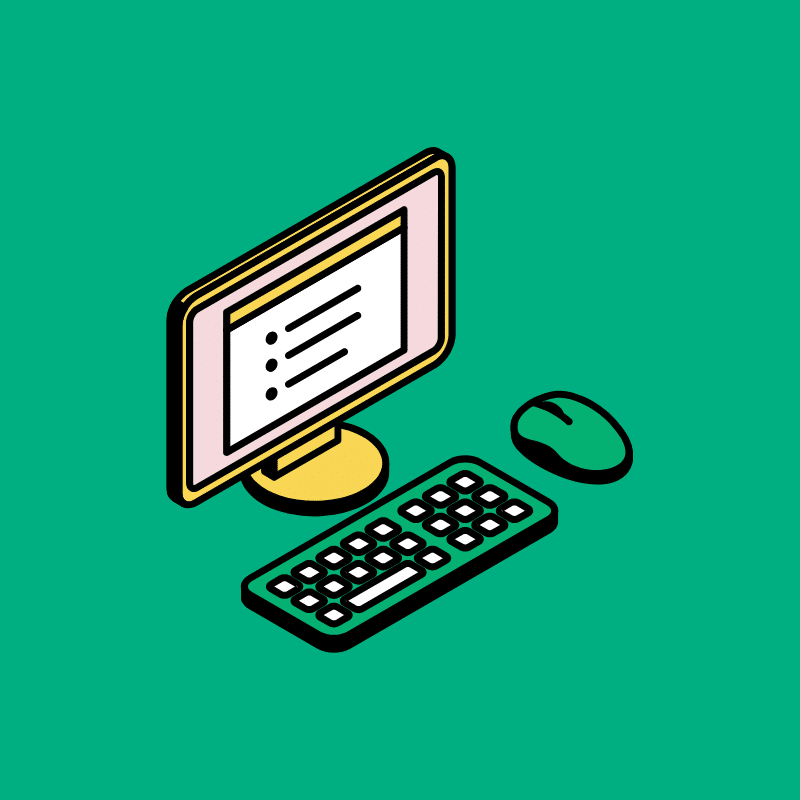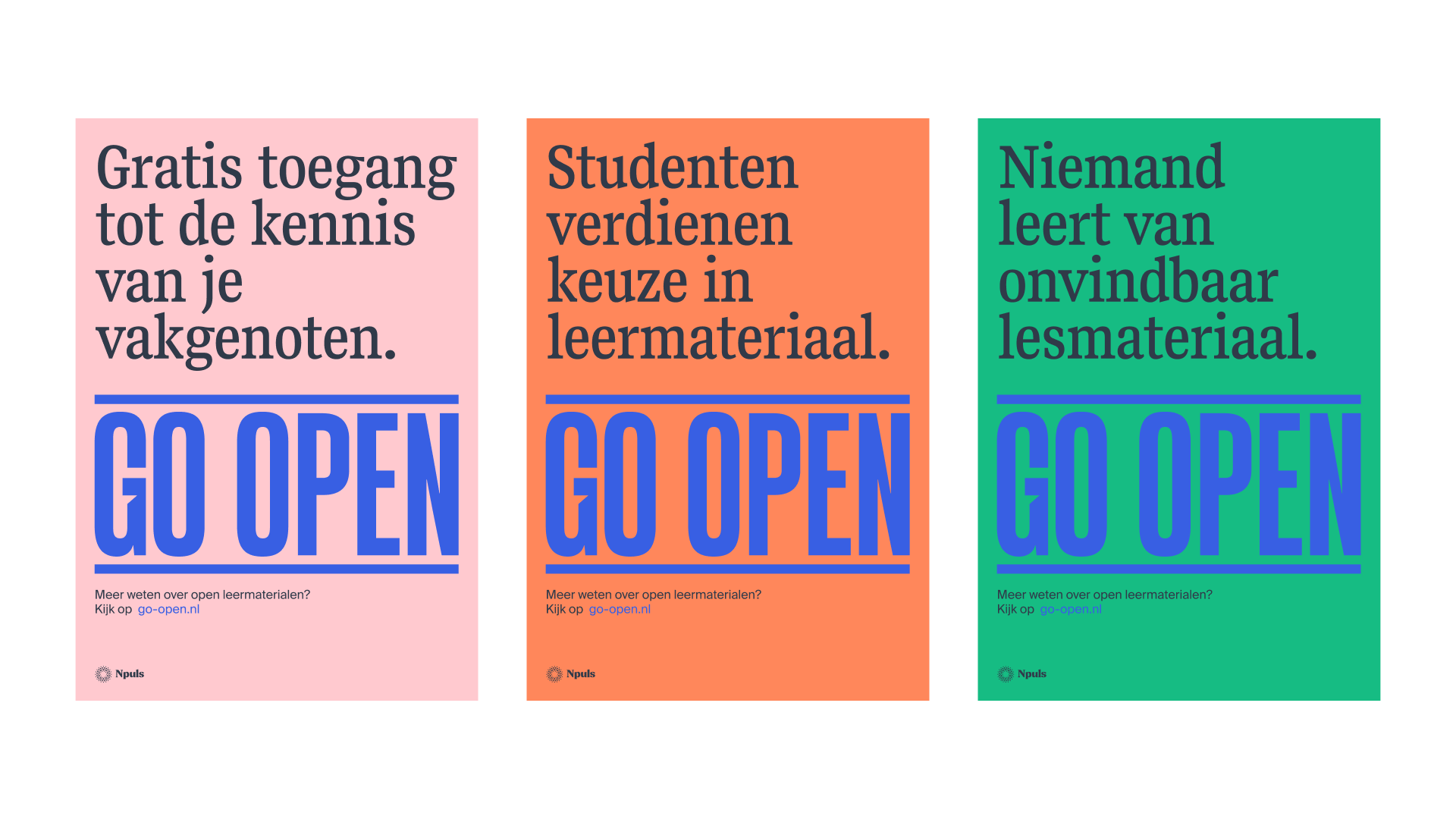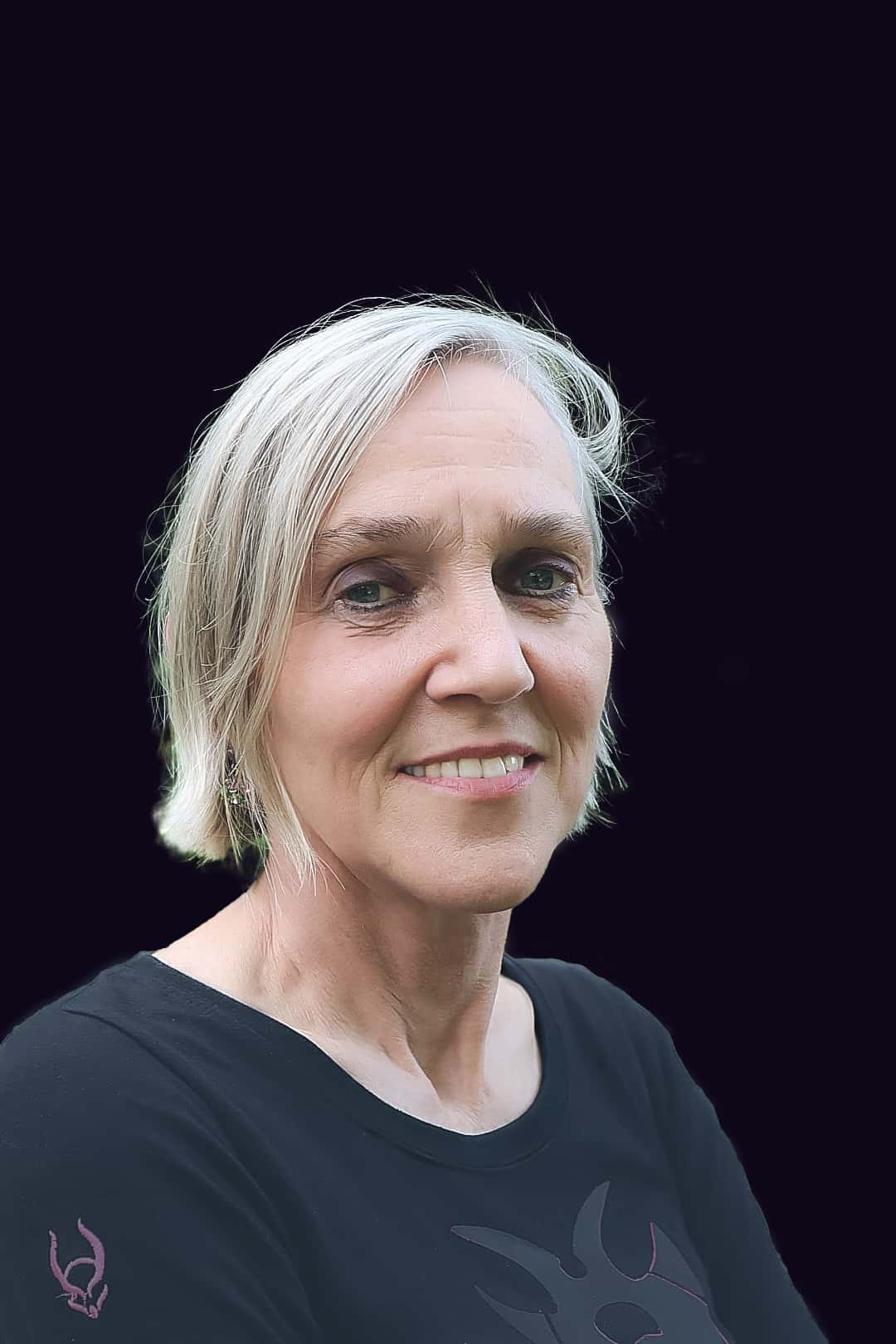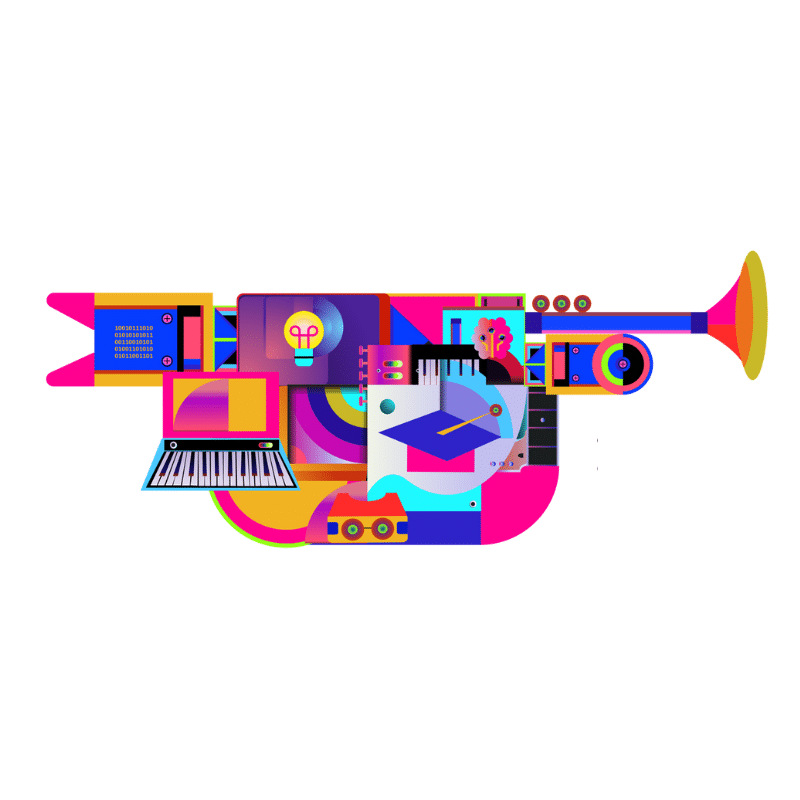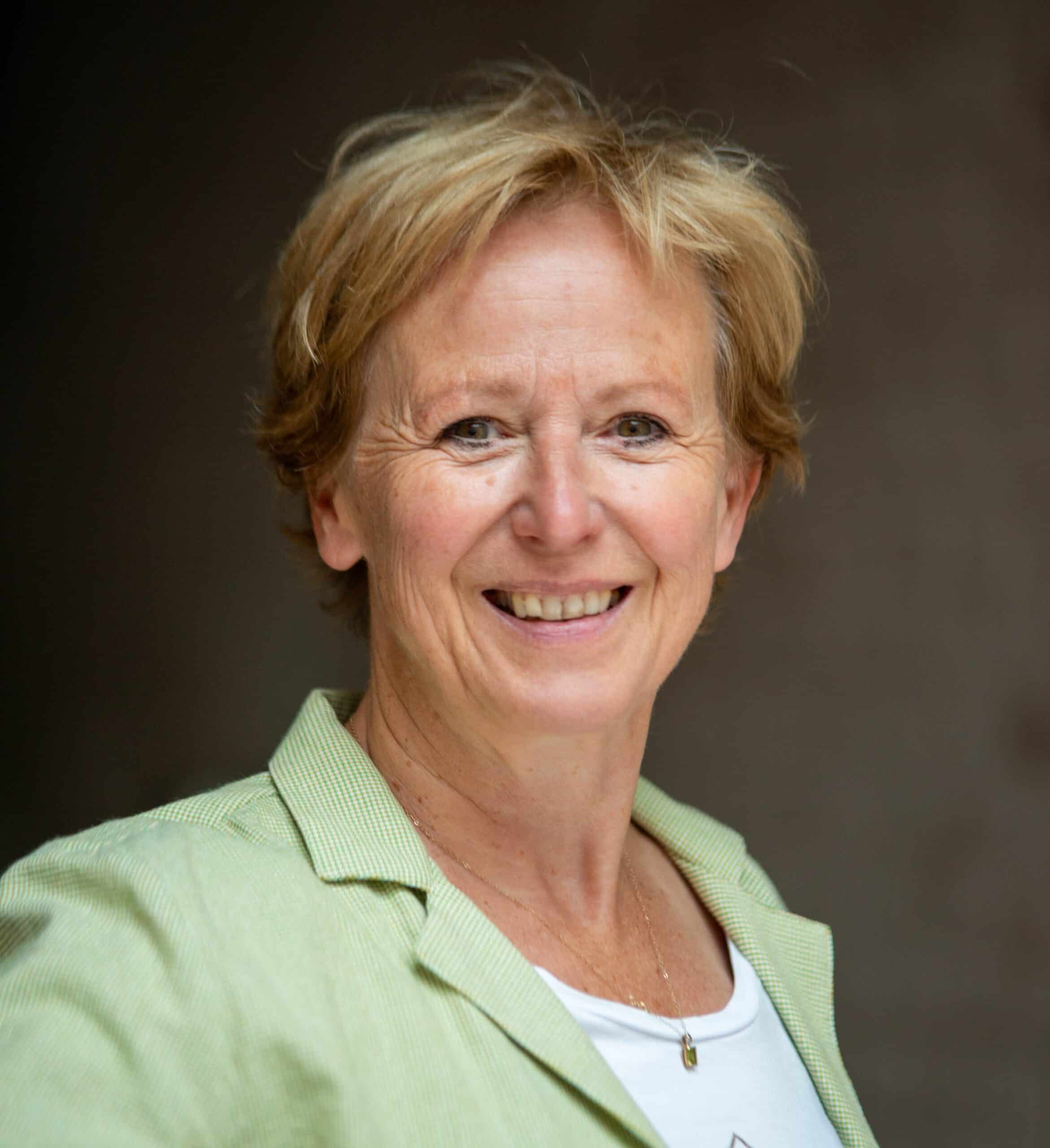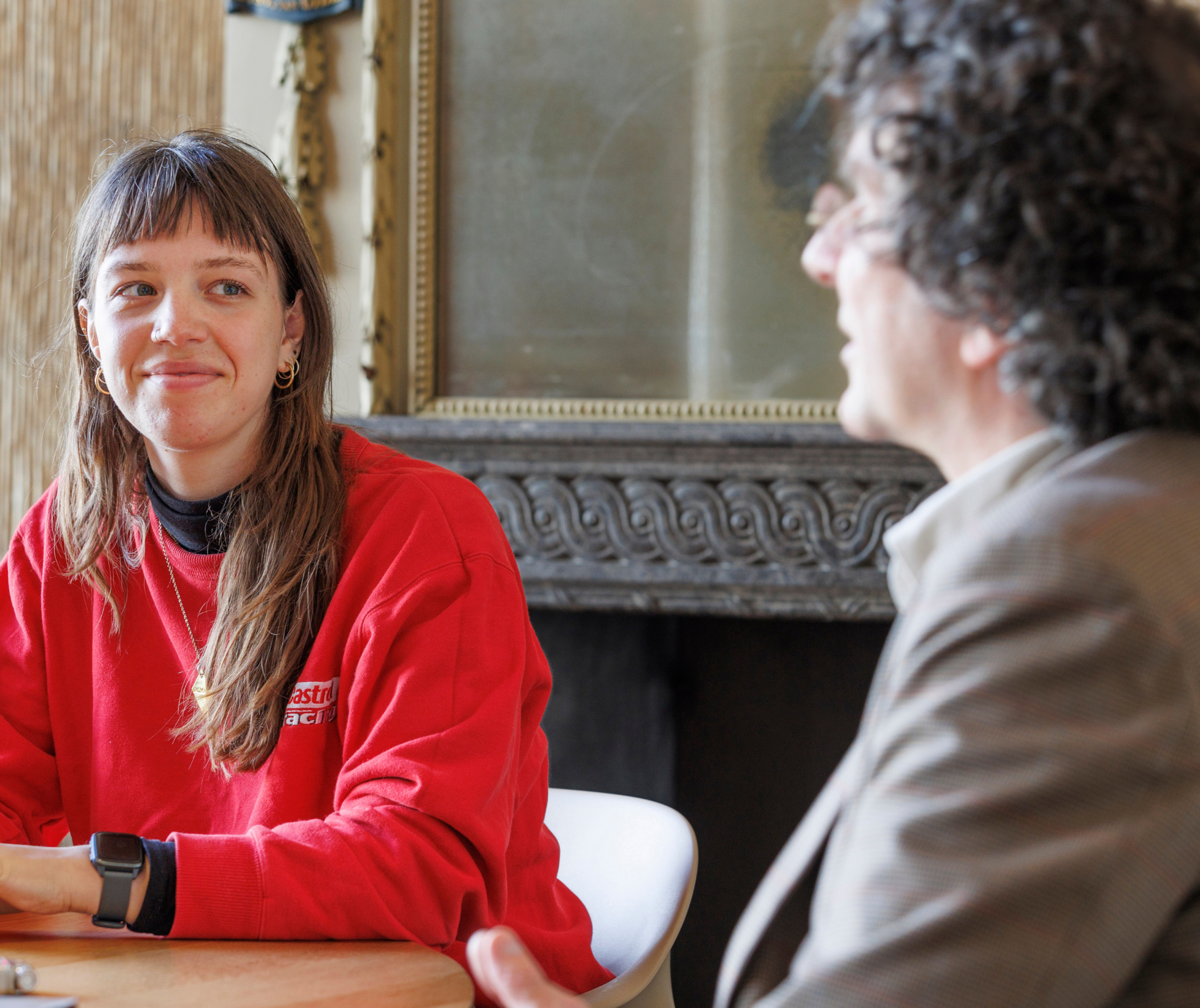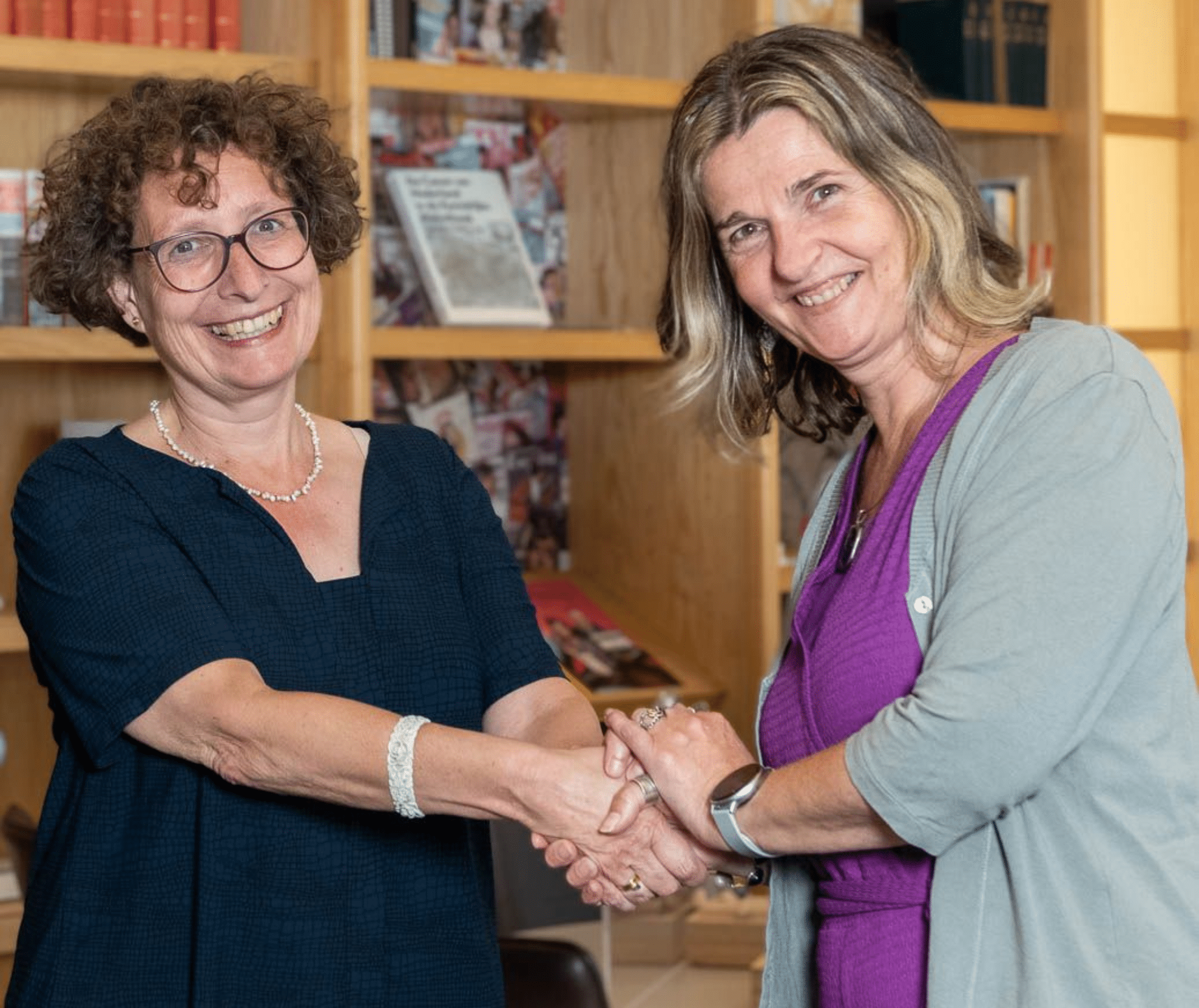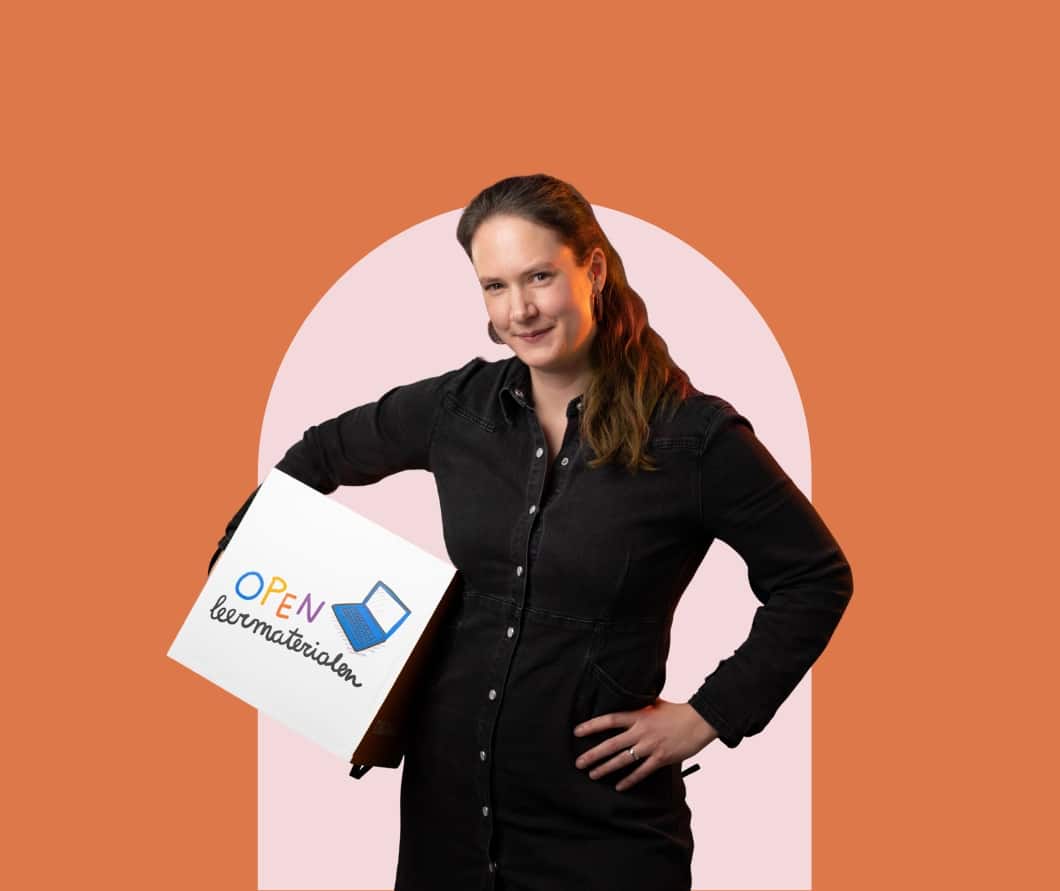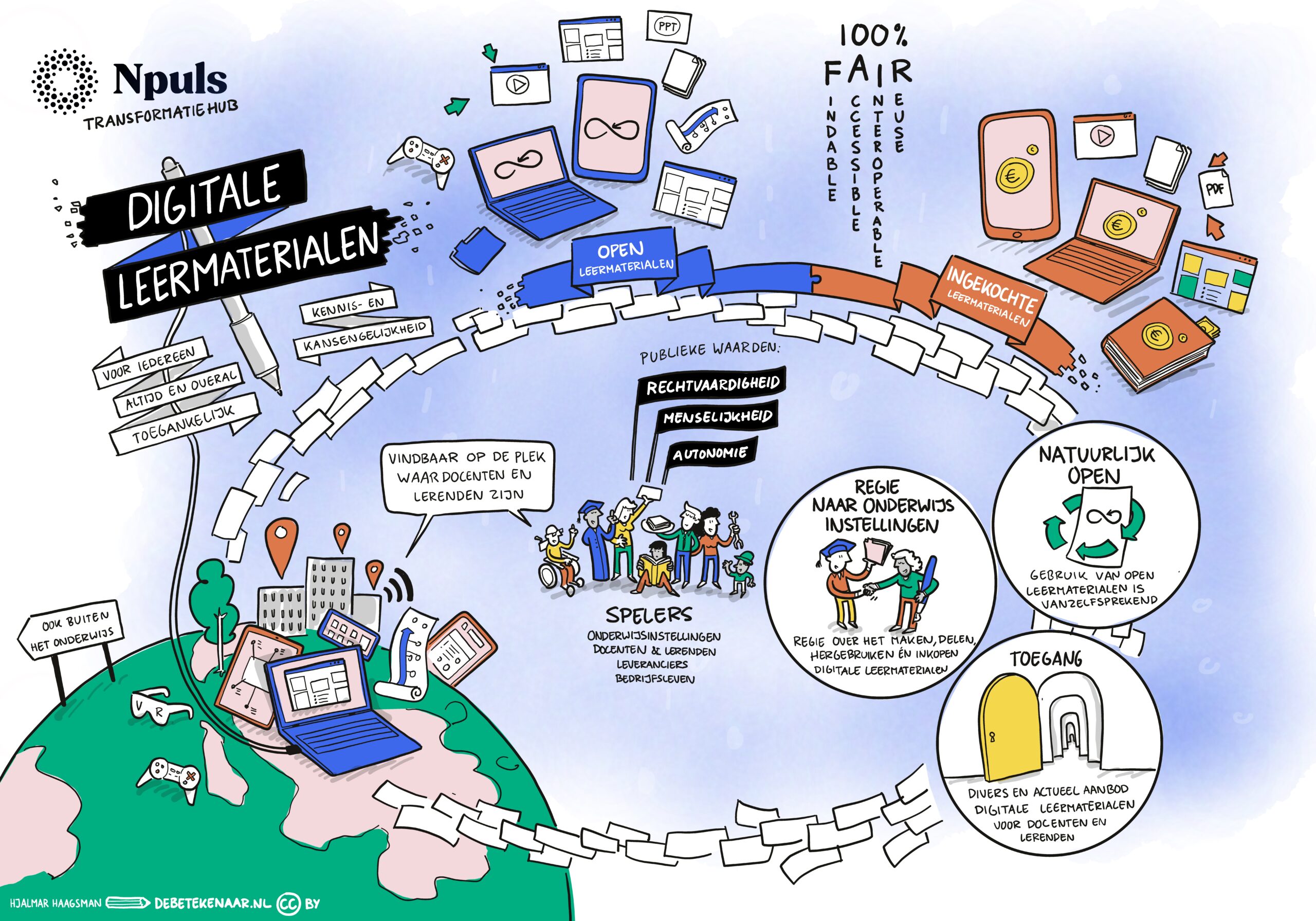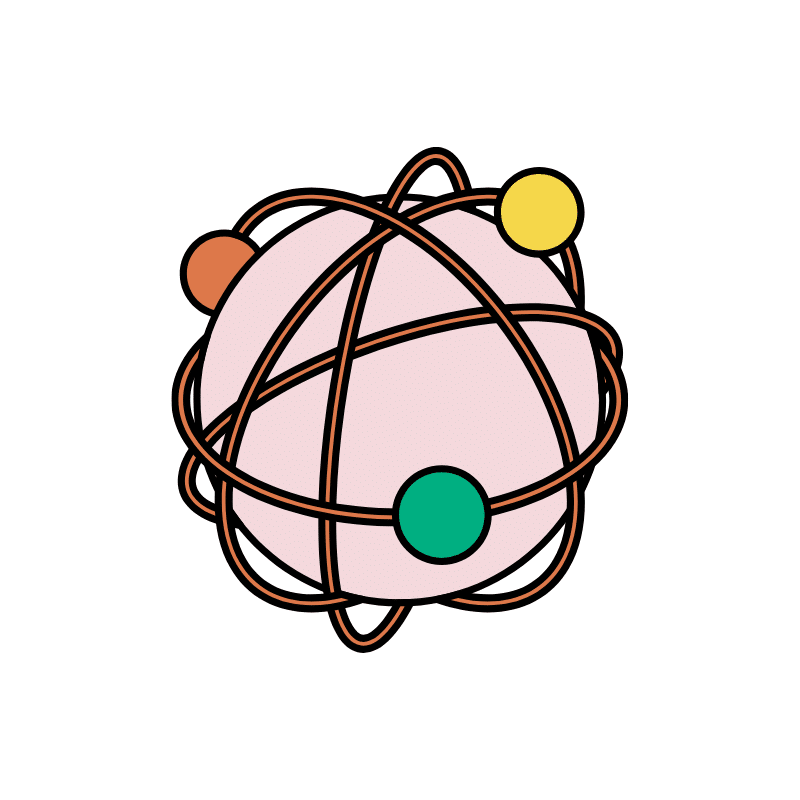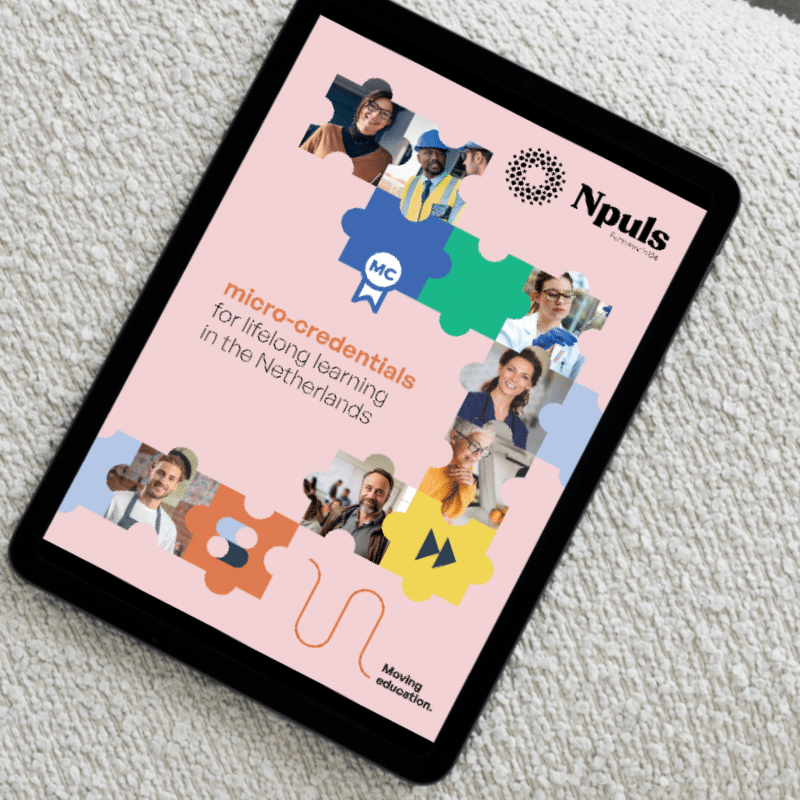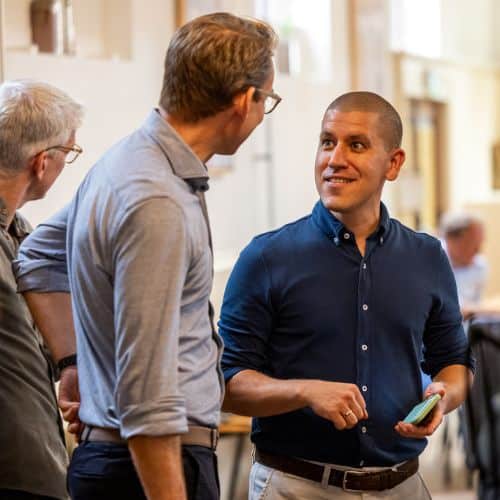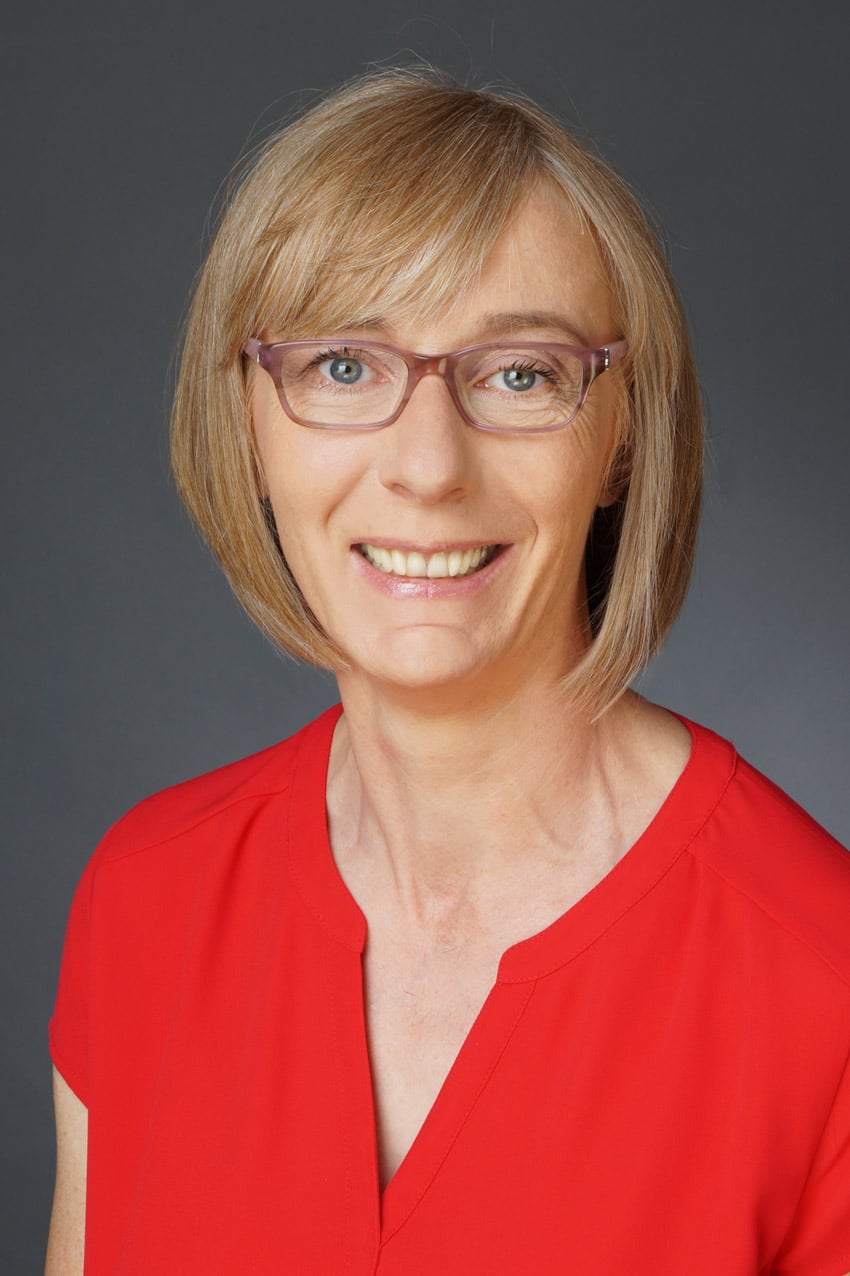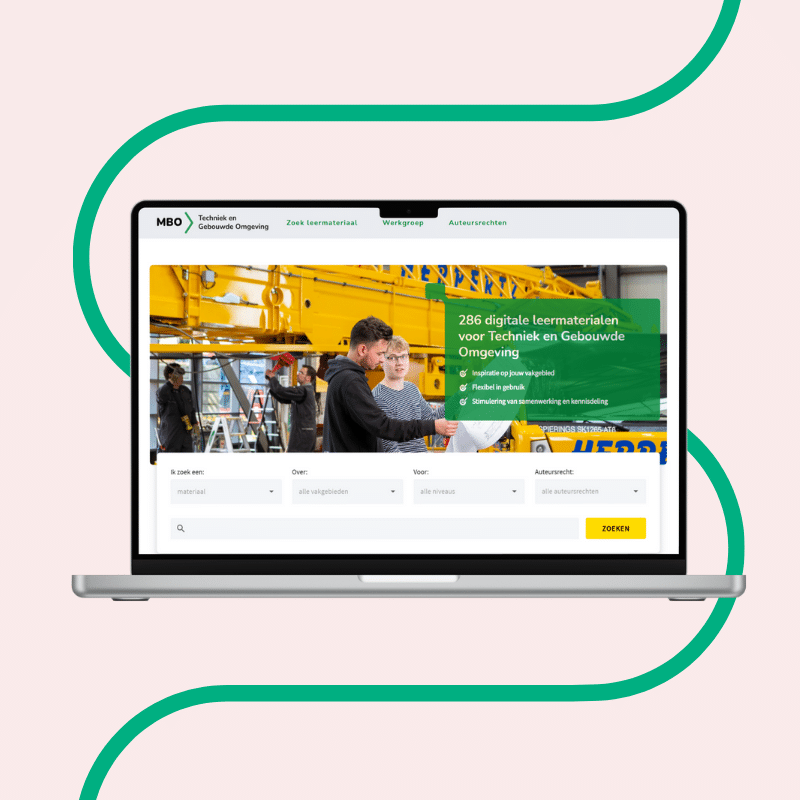
- Goals
- Themes
- Projects
- For who
- XR community
- Contact
Extended Reality (XR) is the umbrella term for a range of immersive technologies that blend the real and virtual worlds, including Virtual Reality (VR), Augmented Reality (AR) and Mixed Reality (MR). XR allows users to recreate realistic scenarios in a virtual environment. All the educational institutions involved in Npuls are experimenting with this technology, as XR allows learners to practice specific skills in a safe and controlled environment.
Our aim with the XR pilot hub is to ensure that XR is also used in practice after the experimentation stage. We will, in tandem with educational institutions, therefore spend the next two years exploring where and how XR can add value in the learning process.
The goals of the pilot hub
We aim to accomplish this by developing national framework conditions. To this end, it is essential to learn from each other and innovate together. We do this by gathering knowledge about and exchanging experiences with XR across various themes and projects. In this way, we can work in a concerted way on improving the quality, accessibility and sustainable use of XR in education.
“What we want to do with Npuls is foster collaboration so that we can conduct joint research into XR and keep track of relevant developments. We also want to experiment with this technology and figure out how it will add value to education. This can only be done if we join forces, which is a lot more efficient.”
Esther van der Linde – pilot hub project leader
XR Community
In the XR Community, you are welcome to ask questions, start discussions, add XR-related events and, most importantly, respond to questions and discussions from others.
Would you like to participate? Go to the community via the image below or click here to join the XR Community.
Four central themes
In the pilot hub, our focus is on the needs of learners, lecturers and educational institutions within the pilot hub. What they need to positively impact the learning process with XR is central to the following four themes:
- National XR infrastructure
We focus on building a strong and active national XR community where we collaborate and share knowledge. - Institutional organisation
We ensure proper support for educators and educational institutions that want to implement XR. - Developing and Sharing Content
We work on making high-quality XR content available for education. - Future Ready
We research and experiment with new learning experiences and technologies like Metaverse.
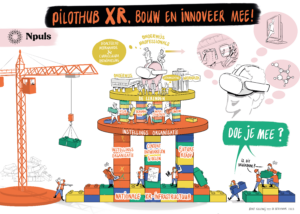
Projects
We work on numerous projects within these four themes. In these projects, educational professionals from vocational education schools, universities of applied sciences and research universities come together to exchange experiences and experiment with XR. This way, we develop a shared vision for the application of XR in education for the long term – a vision that emphasises essential public values such as safety and inclusivity. By focusing on these key areas and stakeholders, we aim to create a robust foundation that ensures XR genuinely contributes to the quality of education.
Content
Appstore
One place for all XR educational resources
These days, there’s an app for virtually everything. With one push of a button, you have access to 1001 recipes, films and games. This is very handy, as you can find everything in one central place. What if you could access countless XR learning modules via an app, making it easier to share content with each other?
The App Store has set to work on precisely this challenge. In this project, educational professionals from vocational education schools, universities of applied sciences and research universities explore whether an app is actually needed and what requirements it should meet. And perhaps more importantly, whether an XR app for education truly contributes to the applicability, quality and accessibility of XR.
Please get in touch with the project leader: Diane Smits
Future Ready
Future
XR: a manageable and accessible educational method
The speed at which trends in XR evolve is almost impossible to keep up with; each new XR headset is better than the previous one. Developments in legislation and XR applications are also fast-paced. How do we avoid becoming disoriented in this whirlwind of change?
In the Future Ready project, educational institutions look beyond the present – mapping XR innovations and their impact on education, making XR more manageable and investing in an accessible and sustainable future for XR as an educational method.
Please get in touch with the project leader: Jeroen Boots
Institutional Organisation
Framework
Mapping XR implementation
From experimenting with XR to implementing it in practice involves many organisational, technical and logistical aspects that are different for each educational institution. To successfully roll out XR in educational institutions, it is crucial to be clear about all the aspects involved. But how do you go about doing this?
This is the pivotal question in the Framework project. Educational professionals have joined forces to create a comprehensive overview that identifies what is needed to roll out XR efficiently and sustainably in vocational education schools, universities of applied sciences and research universities.
Please get in touch with the project leader: Carolien Kamphuis
Responsible XR
The role of public values in XR
When purchasing an XR headset, what do you look for? Of course, you look at what the headset can do, but what about the ethical side? The pace at which XR technology is developing makes it difficult to determine exactly what the impact is on learners and society. We need to give important public values such as safety and inclusivity a central role in process of choosing and developing XR.
In the Responsible XR project, vocational education schools, universities of applied sciences and research universities jointly investigate how this can best be approached. In doing so, they also consider their own role and responsibility in this process.
Please get in touch with the project leader: John Walker
National XR Infrastructure
Streaming
XR in the cloud
You no longer need expensive hardware or a high-capacity computer to watch your favourite series – your series is stored in the cloud. The cloud is an online environment that stores files, manages them and has a lot of computing power. This technology allows you to stream series, games and music anywhere in the world. Could this form also be suitable for XR headsets in education and, if so, what is needed to switch from a high-capacity computer to the cloud?
In the Streaming project, researchers and educational professionals explore the possibilities of XR cloud technology in vocational education schools, universities of applied sciences and research universities. The results of this exploration are expected to be shared at the end of this year.
Please get in touch with the project leader: Hizirwan Salim
Community
The connecting factor for XR in education
Whether you are an educational institution that has been using XR for a long time or are just starting out – everything gets better when you share it. And that is exactly what the Community project is all about: connecting vocational education schools, universities of applied sciences and research universities, using each other’s knowledge and, in this process, advancing XR together.
The Community would like to organise a national XR event twice a year so that you are kept informed through presentations and emails and have the opportunity to organise XR meetings together with the XR pilot hub. After all, building XR in education is something we do together.
Please get in touch with the community manager: Kathelijne Koster
Would you like to contribute to any of the listed projects?Or do you have an idea for a new project? Please don’t hesitate to contact the project managers or send an email to XR@npuls.nl.
Who are we doing this for?
Learners
… can use XR elements during their learning process so that they can develop the knowledge and skills they will need later in their professional field.
Educational professionals
… can develop and offer evidence-informed, high-quality education that integrates the added value of using XR in education.

Educational Institutions
… can efficiently arrange the practical aspects and organisation of XR, making it easier for learners and educational professionals to use and implement XR.
Education sector
… can collaborate with the business community to shape the desired developments in XR. This way, we can work towards an XR ecosystem and national infrastructure that aligns with the sector’s public values.
Stay up to date
In the sprint presentation of the pilot hub, we bring you up to date on the latest developments in XR. Would you like to attend the next sprint presentation? Join us via the link below. There you can also replay previous sprint presentations.


